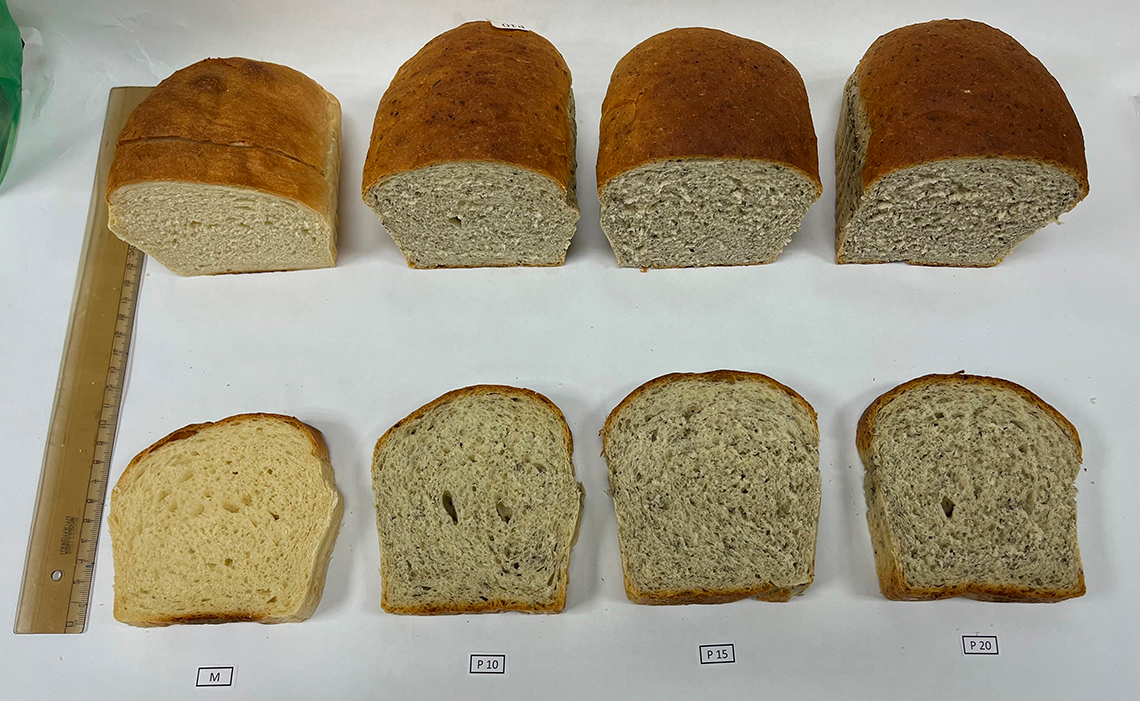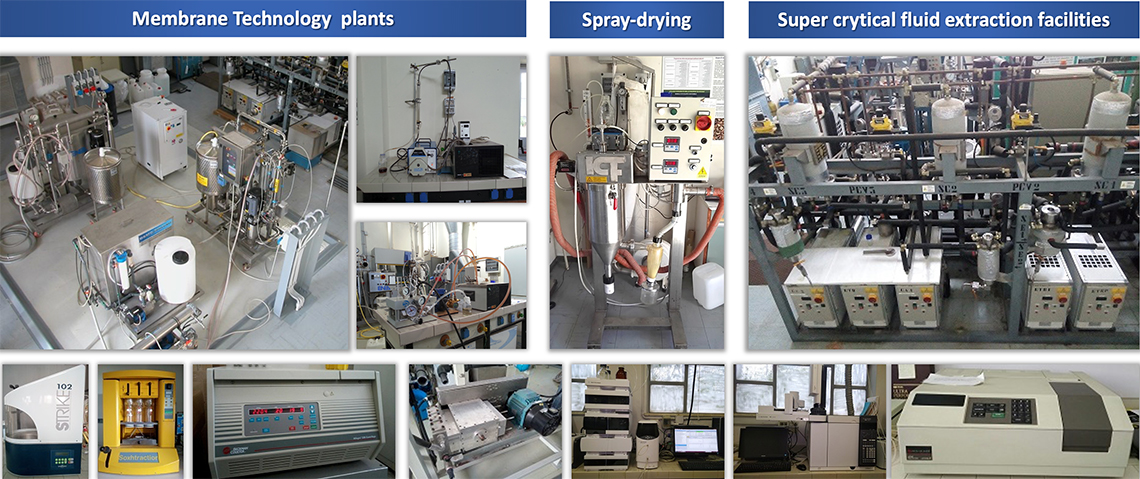Italian National Agency for New Technologies, Energy and Sustainable Economic Development

Nutrition: New bakery superfoods from agri-food industry waste
Making new bakery products with high added value based on proteins and beneficial molecules from the agri-food industry waste is the objective of the project PROVIDE[1], funded with approximately around one million euro comprising six international partners, including ENEA. The first results were presented in Rome at the Sapienza University during an open event organized by the ENEA in collaboration with Metrofood-IT.
“Bread, pizza, biscuits and many other baked goods are among the most common and affordable foods to consume in different places, times and situations. Now, thanks to this project, they will contain new protein sources and molecules with a nutritional and nutraceutical property to meet the growing demand for a diversified, healthy and safe diet", explained Claudia Zoani, ENEA researcher at the Biotechnology and Agro-industry Division and project coordinator. “Moreover - she continued - these molecules can be extracted directly from the by-products of other agri-food chains. In this way, we will be able to promote sustainability and circularity of production and reduce waste, guaranteeing product quality and safety".
Researchers are working on new beneficial ingredients from dairy waste (yearly production: 180-190 million tons), oilseeds and beer fermentation residues (yearly production: over 40 million tons). “We have completed two strategic activities for the project, namely the identification and extraction of the molecules, and the activities of the focus groups in several countries, including Italy, aimed at assessing the acceptability of the new products by consumers’ acceptability of the new products. Bakery tests and characterization of the new bakery products in terms of quality and food safety are underway”, said Zoani.
In the project the ENEA team applied various extraction technologies with low environmental impact, like the membrane technology, which allows to separate specific components like proteins, lactose and riboflavin (vitamin B2) from whey and fibers from the spent grain of brewers without the use of chemical additives, or the supercritical CO2 plant (pressure at 73.8 bar and temperature at 31°C) which represents a non-toxic and economically viable alternative for the extraction of aromatic compounds (polyphenols and flavonoids) and volatiles from food by-products, particularly oilseeds like sunflower seeds.
“These technologies are already used in the food industry and through the project PROVIDE we will valorise by-products to obtain food that is always fresh, healthy and with zero waste. Let’s take whey, the main by-product of cheese production. 10 liters of milk produce one kilogram of cheese and 9 liters of whey, but this 'residue' contains beneficial substances like vitamins and proteins. Thus, a greater availability of essential ingredients can be achieved, which can improve the health and well-being of consumers, with a consequent increase in essential nutrients and bioactive compounds in the diet, or substances to improve taste and aroma of food" concluded Zoani.
Notes
[1] The three-year project PROVIDE - PRotein and biOmolecules sources for nutritional security and biodiVersity of bakery products in a cIrcular fooD system - is funded as part of the ERA-NET program SUSFOOD2 and CORE Organic Cofunds Joint Call 2019 - “Towards sustainable and organic food systems” - Topic 1: Resource-efficient, circular and zero-waste food systems.


